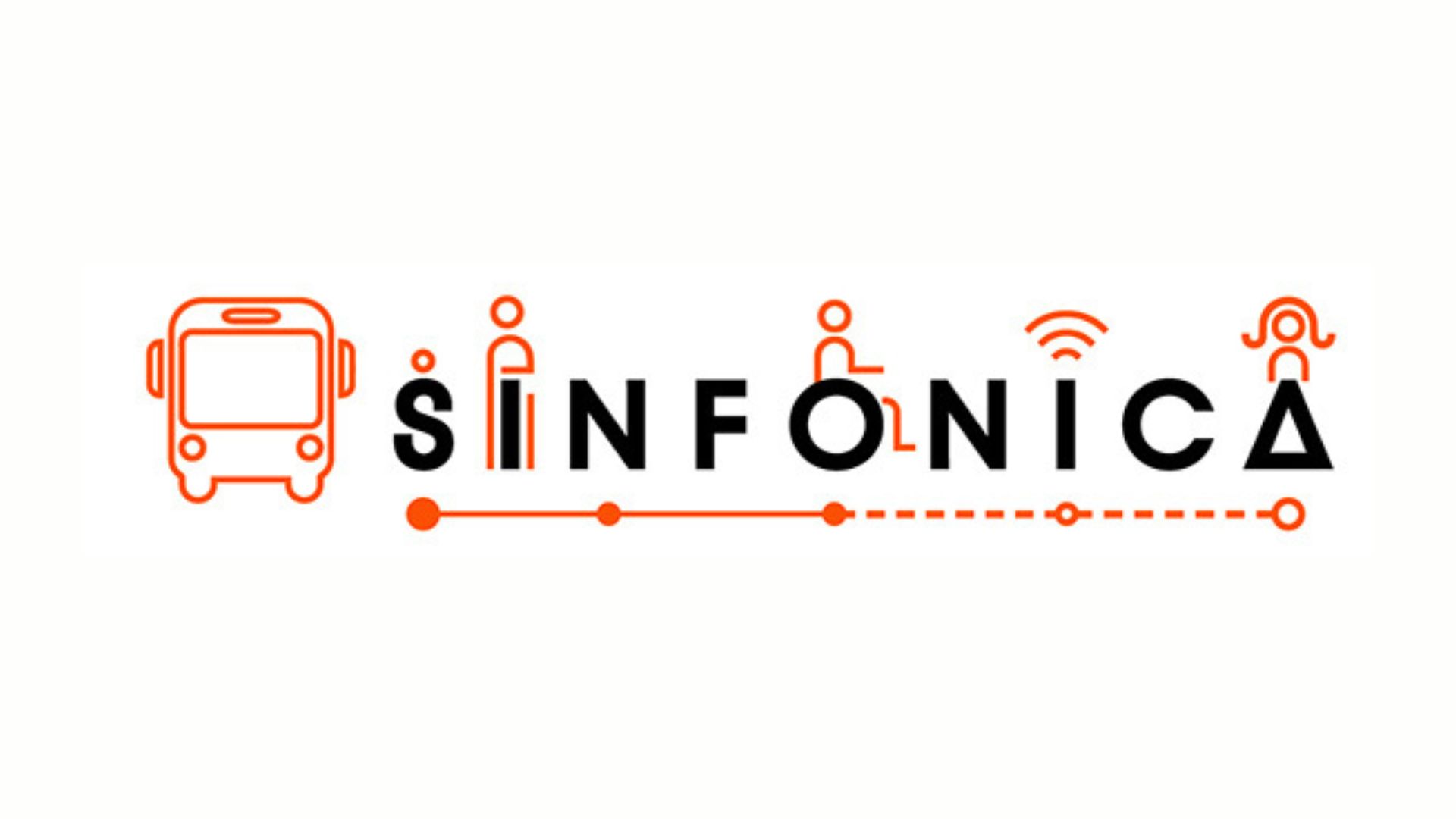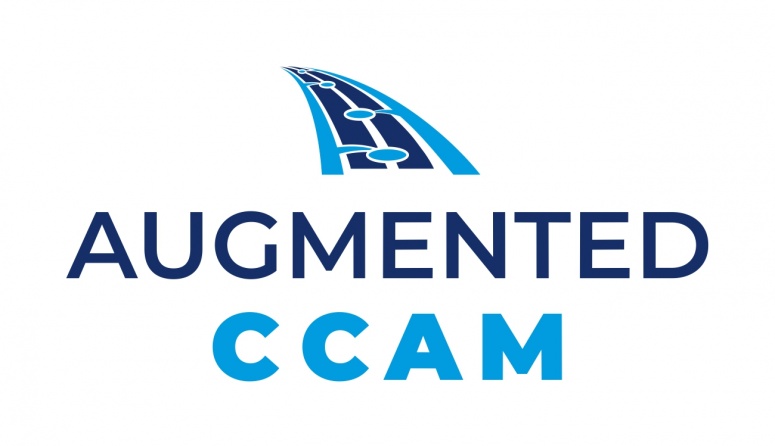SINFONICA: Pioneering Inclusive and Equitable CCAM Solutions Through Social Innovation

The transition towards Connected, Cooperative, and Automated Mobility (CCAM) presents an unprecedented opportunity to revolutionise transportation systems across Europe. However, realising this vision requires more than technological advancement: it demands a deep understanding of diverse user needs and systematic inclusion of people with mobility challenges. The SINFONICA project (Social INnovation to FOster iNclusIve Cooperative, connected and Automated mobility) represents a groundbreaking initiative that placed people with mobility challenges at the heart of CCAM development. Successfully concluding in August 2025, after three years of intensive research, SINFONICA developed comprehensive methodologies and tools to ensure that future CCAM deployments are truly inclusive and accessible to all citizens. Coordinated by the University of Modena and Reggio Emilia (UNIMORE), the project united 14 partners from seven European countries to address one of the most critical challenges in mobility innovation: ensuring that automated transport solutions serve everyone, especially those who need them most.
Four groups of interest: the heart of SINFONICA’s participatory approach
Central to SINFONICA’s success was the creation of four “Groups of Interest” in Trikala (Greece), Hamburg (Germany), the West Midlands (UK), and Noord-Brabant (Netherlands). These regions represented Europe’s diverse mobility contexts in terms of demographics, infrastructure, regulations, and challenges. Acting as living laboratories, they applied SINFONICA’s participatory methodology in three engagement rounds between 2023 and 2025, refining approaches based on real-world feedback.
Working within a shared framework but adapting to local contexts, the Groups engaged elderly people, individuals with disabilities, low-income communities, migrants, digitally excluded individuals, and rural residents. Methods included structured interviews for personal experiences, focus groups for collective dynamics, and multi-stakeholder workshops for systemic perspectives. Participants rated inclusivity highly (average 4.14/5), particularly valuing tailored communication. Continuous evaluation of engagement methods built trust, improved societal readiness, and proved that well-assessed, adaptive participation can shape the future of CCAM.
Comprehensive engagement and key findings
Through an extensive engagement process with over 6,000 citizens, SINFONICA identified key barriers faced by people with mobility challenges. Each Group of Interest conducted at least 25 interviews per round, totalling around 300, plus 36 small focus groups (6–10 participants) involving 300 people, and over 12 workshops with more than 300 stakeholders.
From March to June 2024, the SINFONICA European survey gathered 4,487 responses across eight countries in eight languages, targeting vulnerable groups: 693 elderly, 796 youth, 413 rural residents, 477 migrants, 937 low-income individuals, 361 LGBTQIA+, and 131 single parents. Despite balanced sampling across sites, findings revealed systemic exclusion in mobility systems. Four dimensions of equity emerged as priorities for CCAM: availability, accessibility, affordability, and acceptability.
To improve engagement quality, SINFONICA used scenario-based discussions, virtual reality demonstrations, and two-week mobility diaries, effectively connecting abstract CCAM concepts to real-world mobility needs.
The Knowledge Map Explorer: transforming insights into action
The wealth of data collected was synthesised into the Knowledge Map Explorer (KME), a sophisticated decision-support tool that transforms research insights into actionable guidance for CCAM deployment. The KME employs a dual-system architecture combining semantic and rule-based reasoning to provide context-specific recommendations. Built on Web Ontology Language (OWL) and implemented through Protégé, the system captures complex relationships between user characteristics, service features, and deployment contexts. The tool underwent extensive validation with each Group of Interest with stakeholders testing its recommendations against real-world scenarios from their regions.
The KME enables policymakers and service providers to input specific deployment scenarios and receive tailored recommendations. For example, a transport authority planning to introduce autonomous shuttles in a suburban area with a high elderly population would receive specific guidance on vehicle design features, service parameters, booking systems, and pricing structures. The tool also identifies potential conflicts and trade-offs, helping decision-makers understand that optimising for efficiency could disadvantage users with longer boarding times, or that certain accessibility features might increase operational costs, requiring subsidy considerations.
Policy recommendations and strategic impact
SINFONICA developed comprehensive policy recommendations at multiple governance levels. At the European level, the project recommends establishing mandatory accessibility standards for all CCAM services receiving public funding, creating a European CCAM Accessibility Fund to support the additional costs of making services fully inclusive, and updating the European Accessibility Act to explicitly cover CCAM services. At national and regional levels, SINFONICA recommends establishing CCAM inclusion task forces bringing together transport authorities, disability organisations, and technology providers, and implementing regulatory frameworks that protect vulnerable users from discrimination while enabling innovation.
For local authorities and service operators, SINFONICA provides detailed implementation guidance, including conducting accessibility audits of existing infrastructure, establishing user advisory panels with representatives from all vulnerable groups, ensuring booking systems support multiple interaction modes, and implementing dynamic scheduling that accommodates longer boarding times without penalising users. The project generated significant policy influence, involving several stakeholders in project activities and establishing a Group of Followers to foster the exploitation of the research results.
Measurable impact and scientific contributions
SINFONICA’s impact extends far beyond its immediate research outputs. The project directly engaged over 6000 citizens through various consultation methods, with people with mobility challenges comprising over 40% of participants.
The project made significant scientific contributions, developing a comprehensive theoretical framework that connects user needs, CCAM service characteristics, and behavioral outcomes. SINFONICA’s participatory methodology provides a replicable model for conducting inclusive research in complex technological domains. The three-round iterative approach with systematic evaluation and refinement has been recognised as best practice for engaging people with mobility challenges in technology assessment.
Addressing implementation challenges
Throughout its implementation, SINFONICA encountered and addressed several significant challenges that provide valuable lessons for future initiatives. Engaging hard-to-reach groups such as people with severe disabilities and those in extreme poverty required partnerships with trusted community organisations, sometimes offering compensation for participation time. Many participants struggled to imagine how CCAM might work in practice, which was addressed through several means. Managing diverse stakeholder perspectives required professional facilitation and creating separate spaces for technical discussions and user-focused sessions.
The project successfully balanced the tension between deep qualitative insights and statistically significant quantitative data through a mixed-methods approach. This comprehensive methodology ensured that both individual experiences and broader patterns were captured, providing a robust evidence base for recommendations.
Future outlook and lasting legacy
While SINFONICA formally concluded in 2025, its impact continues through multiple channels. Several large-scale CCAM demonstration projects funded under Horizon Europe, representing investments of over €100 million, will benefit from the implementation of SINFONICA recommendations. The Participatory Approach Evaluation Framework has been included as Additional Material in the EU-CEM (Common Evaluation Methodology) of the FAME Project, the flagship project supporting the CCAM Partnership in creating a common framework for coordination of Automated Mobility in Europe. The consortium partner ERTICO will integrate SINFONICA content into its training programs for transport professionals, while several universities have incorporated the project’s case studies into their curricula.
All SINFONICA deliverables, results and tools remain freely accessible through the project website at https://sinfonica.eu. The Knowledge Map Explorer continues as an online tool with plans for ongoing maintenance and updates based on user feedback. The project established formal partnerships with major European networks, ensuring that SINFONICA’s insights continue to influence policy and practice.
Conclusions: a paradigm shift in mobility innovation
SINFONICA is more than a research project, it marks a shift in how mobility innovation is approached. By placing people with mobility challenges at the heart of CCAM development, it showed that inclusive design is both ethically essential and beneficial to all, echoing the curb-cut effect.
Its participatory approach proved that engaging diverse stakeholders, though resource-intensive, yields unique insights. The Groups of Interest model offers a replicable way to co-create mobility solutions with, not just for, intended users. Crucially, SINFONICA shifted CCAM discourse from a purely technological to a socio-technical perspective, acknowledging the interplay between technology, society, and individual needs.
As Europe advances towards CCAM deployment, the project’s methods, evaluation tools, and networks form a foundation for mobility equity. Its lasting legacy is demonstrating that inclusive innovation is achievable when we design with those historically excluded from transport systems, ensuring automated mobility serves all, especially those who need it most.
SINFONICA received funding from the European Union’s Horizon Europe Research and Innovation programme under Grant Agreement N° 101064988. The project ran from September 2022 to August 2025 and was coordinated by the University of Modena and Reggio Emilia (UNIMORE).
For more information and access to all project resources, visit: https://sinfonica.eu
The final event of the SINFONICA project is planned for 28 August from 9:30 to 15:30 in Brussels.
